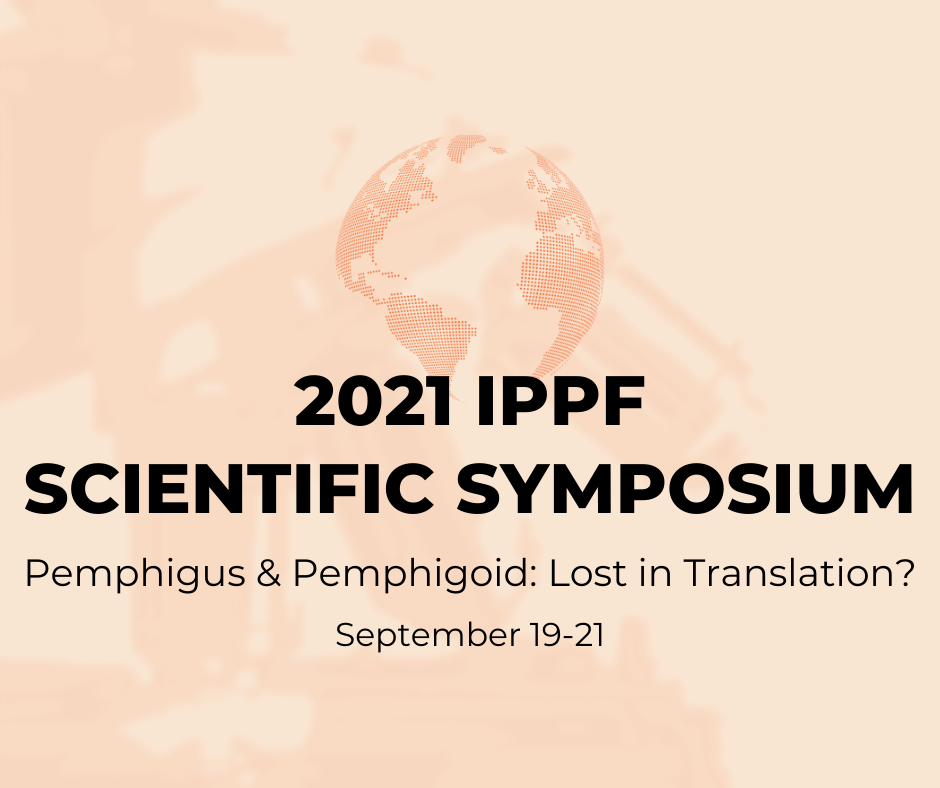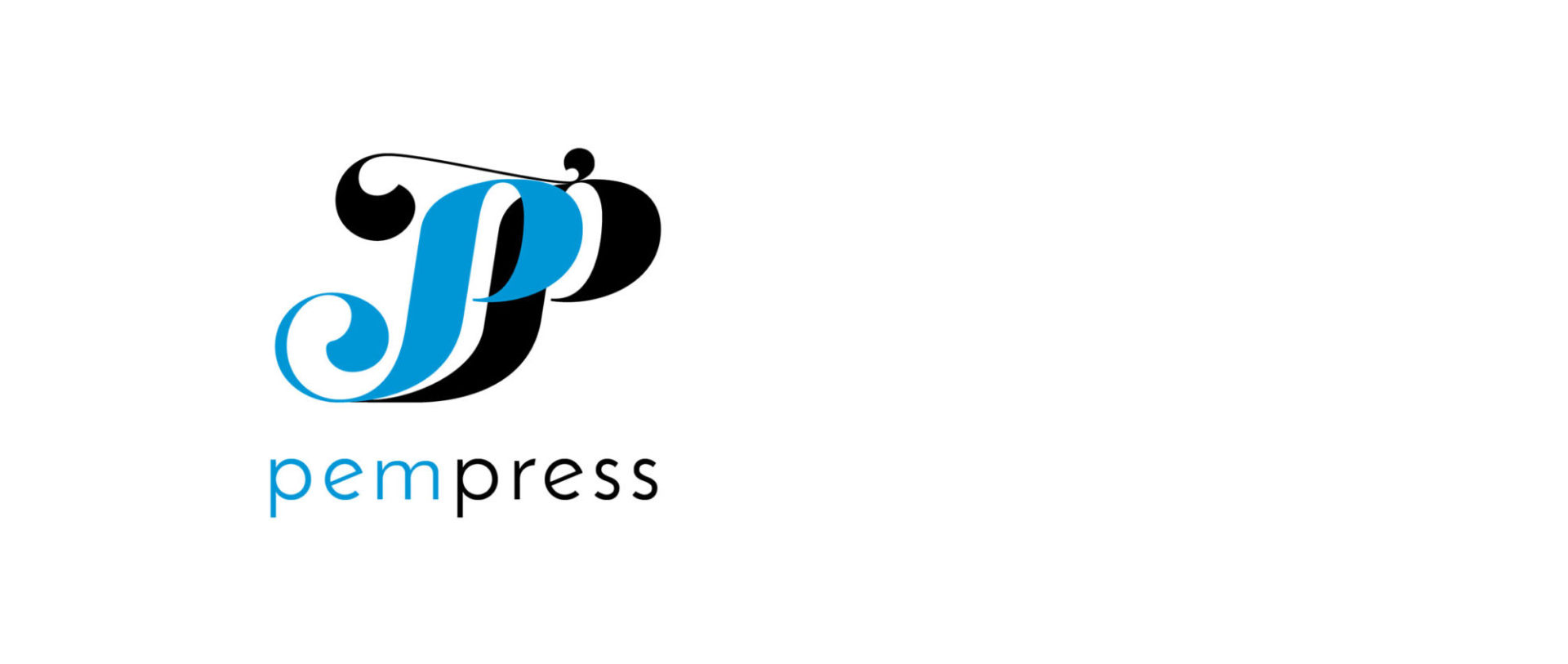2021 IPPF Scientific Symposium
The 2021 IPPF Scientific Symposium (September 19-21) featured three days of live sessions and abstract discussions. The event, held in cooperation with the Pegasus Project and Phillips University in Marburg, Germany, was a tremendous success. Of course, as with so many things in “the age of COVID,” the planning process was somewhat complex. The symposium was originally envisioned as an in-person event in 2020, and instead it became a virtual event in 2021. But what an event it was! There were nearly 250 participants from across the world and close to 30 sessions, which included the follow major research areas:

- Skin homeostasis and loss of adhesion
- Diagnostic criteria of pemphigus and pemphigoid: practice gaps
- Epidemiology and genetics
- Impaired adhesion: mechanisms
- Adaptive and innate immune responses in autoimmune bullous diseases
- Treatment: from current evidence to future perspectives
Additionally, each subject area also saw abstract and poster presentations, many from researchers new to the field. For the posters, there were 46 submissions from 10 different countries. The feedback was overwhelmingly positive, with new relationships being formed despite the issues created by not being together in person.
A number of abstract and poster prizes were awarded for the presentations seen as the best in advancing knowledge:
IPPF Scientific Symposium Awards
Best Poster Awards
Best Oral Abstracts Awards
Our gratitude to the organizing committee and the leadership of Dr. Michael Hertl, professor in the Department of Dermatology and Allergology at Philipps-Universitat in Marburg, Germany, in developing the outstanding program. Also, a sincere thanks for the organizational skills of Dr. Daniel Becker, Project Coordinator in the Department of Dermatology at Philipps Universitat in Marburg, Germany, in delivering the program.
